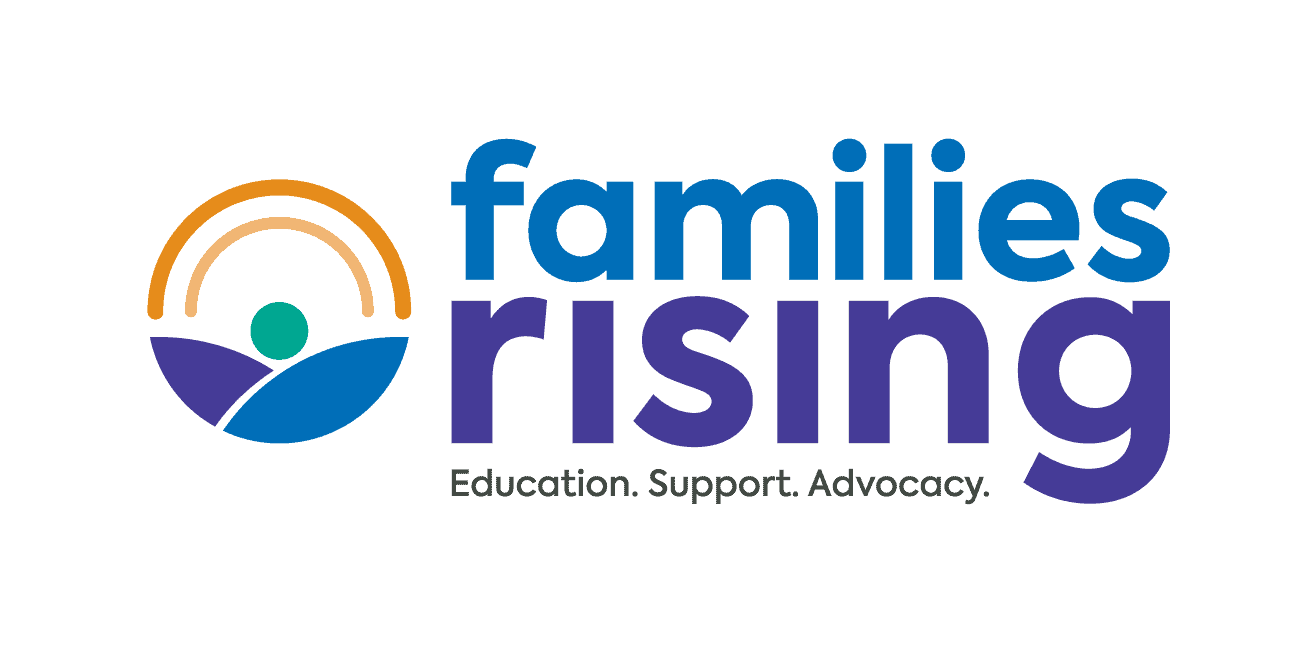From Adoptalk 2019, Issue 1; Adoptalk is a benefit of NACAC membership
In partnership with CHildren Need AMazing Parents (CHAMPS), a national policy campaign to ensure bright futures for kids in foster care by promoting the highest quality parenting, NACAC is committed to raising awareness for policy and practice reform that prioritizes the needs of foster parents across the country. The names used in the following stories have been used to protect privacy.
Jenna and her husband have five biological children and seven grandchildren, in addition to fostering teenage boys who have been in residential facilities. But her community is much larger than this: Jenna worked hard to build a network of trauma-informed professionals and peers who offer support and respite when parenting felt overwhelming. With this robust team, Jenna has watched the teens in her care grow into attentive supporters for her children who have significant physical and mental health needs.
Alicia fostered a seven-month-old child born with drugs in his system, diagnosed with developmental disabilities and prone to rages. Alicia struggled to meet his needs without becoming overwhelmed and burnt out. With the help of a program that allowed the child to go to a supportive developmental program for four afternoons a week, Alicia was given the break she needed to help her child learn and grow. Alicia could also access a peer support network, where she got advice for managing tough behaviors. Eventually, Alicia adopted the little boy, and he recently celebrated his third birthday.
Nia has fostered children for 17 years, so she grew familiar with the serious challenges that come from the trauma faced by the children in her care. Many of the children in her care exhibited attention deficit hyperactivity disorder, asthma, problematic behaviors, and learning disabilities. Nia has had to work tirelessly to find quality pediatric care, educational, and behavioral services for these children, and as a result, she has created a special home that addresses the needs of the children in her care before they reunite with their birth parents or achieve permanency with their relatives or adoptive families.
These are only a few examples of the great need for and the powerful impact of increased support for foster parents. From these stories, and the countless others like them, it is clear that the best way to help these children grow and find permanent, loving families with their birth parents—and if that isn’t possible, with relatives or adoptive families—is by creating systems that support quality foster parents. In its new Policy Playbook, CHAMPS call for policies that:
- Support relationships between birth and foster families. From occasional phone calls to regular meetings, relationships between birth and foster families can help children receive the care they need, adjust to being in care more easily, and create positive, life-long connections with birth and foster families even when placements end. By developing and distributing shared parenting curriculum, recruiting more foster families interested in shared parenting, and offering caseworkers specialized training on family engagement practices, foster parents and kinship caregivers can better navigate their relationship with birth parents and support children more fully.
- Implement data-driven recruitment and retention practices. Without proper data on former, current, and prospective foster parents, we cannot determine which aspects of recruitment and retention need to be altered or strengthened. With this additional data, child welfare agencies can improve matching, promote placement stability, and more. Specifically, CHAMPS recommends a robust foster parent census to help agencies determine whether current foster parents are being fully utilized, identify gaps in recruitment strategies, target recruitment efforts based on statistically accurate profiles of successful foster families, and inform further data collection with local stakeholders.
- Engage foster parents in decision-making. After spending every day with the children in their care, foster parents gain special knowledge of what these children need. As such, their voices can be invaluable in the important decision-making processes affecting the child, and they should be treated as essential members of the team of experts supporting the child and family. Systems that support the voice of foster parents have policies that include them in team meetings concerning the child, ensure that caseworkers notify foster parents of court hearings, create foster parent advisory boards for active policy input at the agency and legislative level, and maintain clear laws surrounding what information can and should be shared so foster parents get the information they need about the children in their care.
- Provide timely access to trusted, dedicated staff and peer support to foster parents. Foster parents report that this is the single most important factor in their ability to care for children. To create and enhance these supports, CHAMPS recommends:
- Creating a peer support network to provide mentorship, crisis intervention, and more.
- Employing dedicated caseworkers to support foster families through all phases of the fostering process.
- Encouraging the formation and maintenance of support groups.
- Offering toll-free helplines to assist foster parents and connect them to child welfare agencies.
- Developing kinship navigator programs that can provide information, referral, and follow up services to relative caregivers and the children they raise.
- Prioritize placements with family members and other family connections. Research shows that relative placements reduce the trauma of family separation, promote placement stability, and increase a child’s sense of belonging. While most, if not all, states have policies that prioritize relative placement, these policies need to go a step further in ensuring that relative placement comes first by actively removing barriers, creating incentives, and facilitating such placements. Specifically, policies can require staff to seek special approval for non-kin placements, thereby ensuring that they have done all they can to prioritize a kinship placement first. Policies can also streamline the necessary approval process and allow more flexibility in licensing barriers for relatives, in addition to ensuring that the relative search begins when a family is brought to the attention of the child welfare agency and until permanency is achieved (rather than seeking relatives after a child is removed).
- Ensure timely access to physical and mental health services. After undergoing the trauma of being separated from birth families, children in foster care have unique emotional, mental, and physical needs that foster parents need to be able to address without the systemic barriers of medical consent, poor information-sharing, limited access and coordination of services, and lack of training. To remove these barriers and ensure that children get the care they need, CHAMPS suggests:
- Authorizing foster parents to consent to routine or minor medical care, like treatment for head lice or scabies.
- Providing foster parents with electronic, up-to-date health information that allows for tiered access to maintain appropriate privacy protections but still enhances the coordination of information sharing.
- Developing and implementing Health Oversight and Coordination Plans with pediatricians and other healthcare and child welfare experts to respond to the health care needs of children in foster care, in accordance with the requirements set forth by Fostering Connections to Success and Increasing Adoptions Act.
- Establishing that foster parents receive the necessary training on a child’s complex needs, including the effects of trauma, developmental delays, prenatal substance exposure, and care for medically fragile children.
- Requiring child welfare agencies to have medical directors, including pediatricians and/or child psychologists to bring a medical perspective to agency policy formation.
With these policies in place, foster parents can have the support, services, information, and voice they need to promote a child’s safety and well-being. For more information on these policy recommendations, click here.


